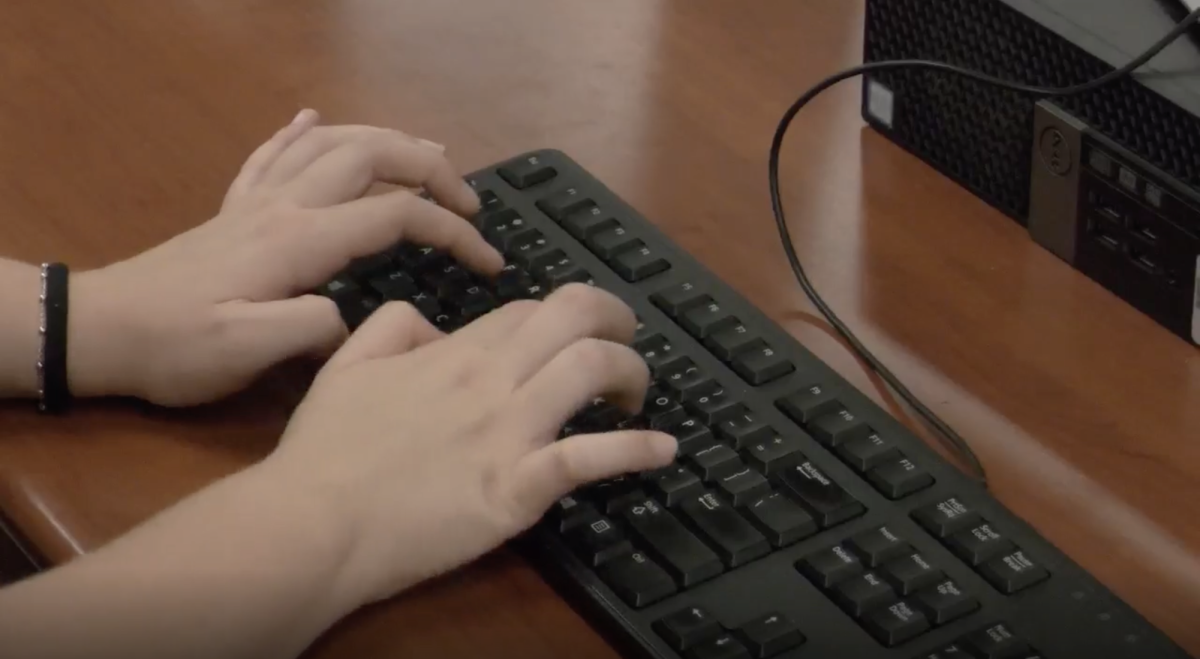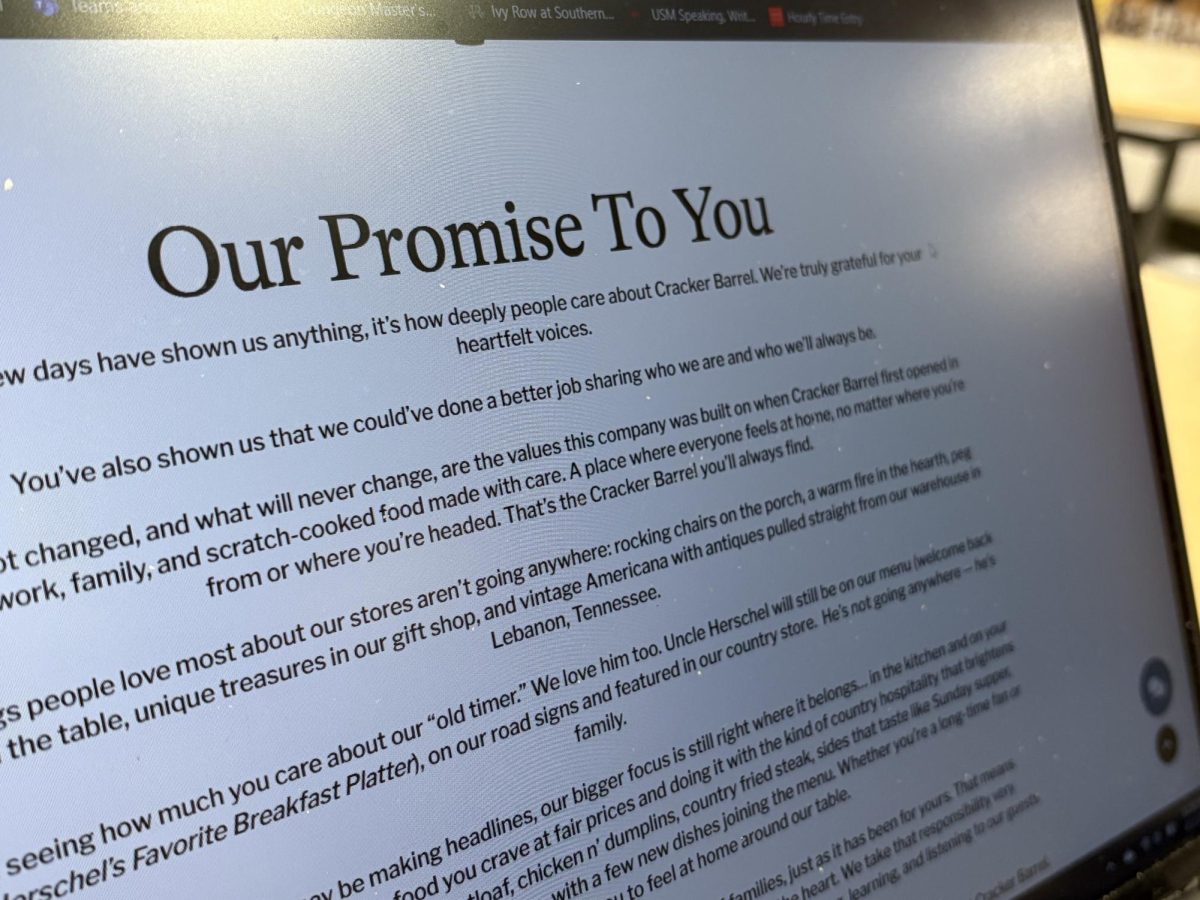In 2025, more than 700 million people worldwide used ChatGPT weekly for purposes ranging from education to personal support.
Common uses include writing assistance, information retrieval, educational support and brainstorming. Some users have also turned to the tool for therapeutic purposes.
A 2024 Loma Linda University Health study found that about 28% of surveyed participants reported using artificial intelligence for quick help or as a personal therapist.
Licensed therapist Kensley May said people who do not feel heard or validated may turn to AI for comfort.
“Chat GPT can’t challenge you or disagree with you in a sense,” May said. “It learns from what you tell it in a sense, like you kind of tell it what you need in the moment. If it’s a cooking recipe, if it’s a meal plan, it pulls from different resources.”
May said ChatGPT can be useful for generating journaling prompts, workout plans and meal ideas, but he cautioned against relying on AI without discernment. He noted that the technology can produce convincing but inaccurate information, a phenomenon known as “hallucinating.”
“It’s all about how you use it, but also make sure you’re reading it through, make sure it’s something that is speaking to you,” May said. “You don’t believe everything you hear, right? Some things you’re kind of, take as I go and apply to my life. Same thing with Chat GPT, it could be used for good as well. I don’t think this is all bad, but we have to also understand the risk behind it.”
University of Southern Mississippi junior Bre Jones said she uses ChatGPT to help with meal and workout planning, but she disagrees with people turning to the technology for therapy.
“If they’re going through something, if they need therapy or anything, no I don’t think people should do that,” Jones said. “Because I believe it’s a computer, and it’s pulling things from the internet.”
May encouraged students to use resources such as the university’s counseling services and the Renewal Rooms in Cook Library. He also referenced the national 988 Suicide and Crisis Lifeline and other support services. Students can text “HOME” to 741741 to reach the Crisis Text Line or “START” to 678678 to access The Trevor Project, which offers 24/7 support for LGBTQ youth.





























